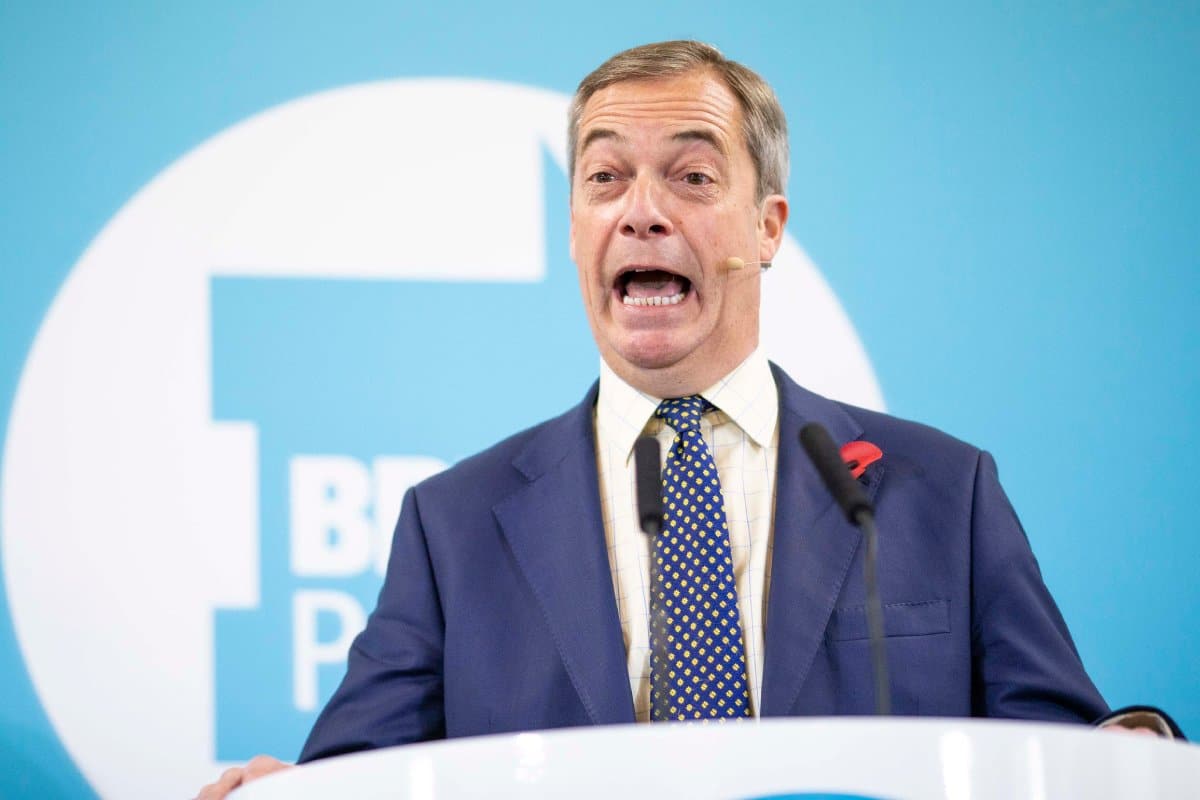In the world of politics, unfiltered remarks from public figures can often stir controversy and debate. Here are 10 instances where UK politicians spoke without filters, sometimes to their detriment.
#1. Boris Johnson’s “Letterbox” Comment
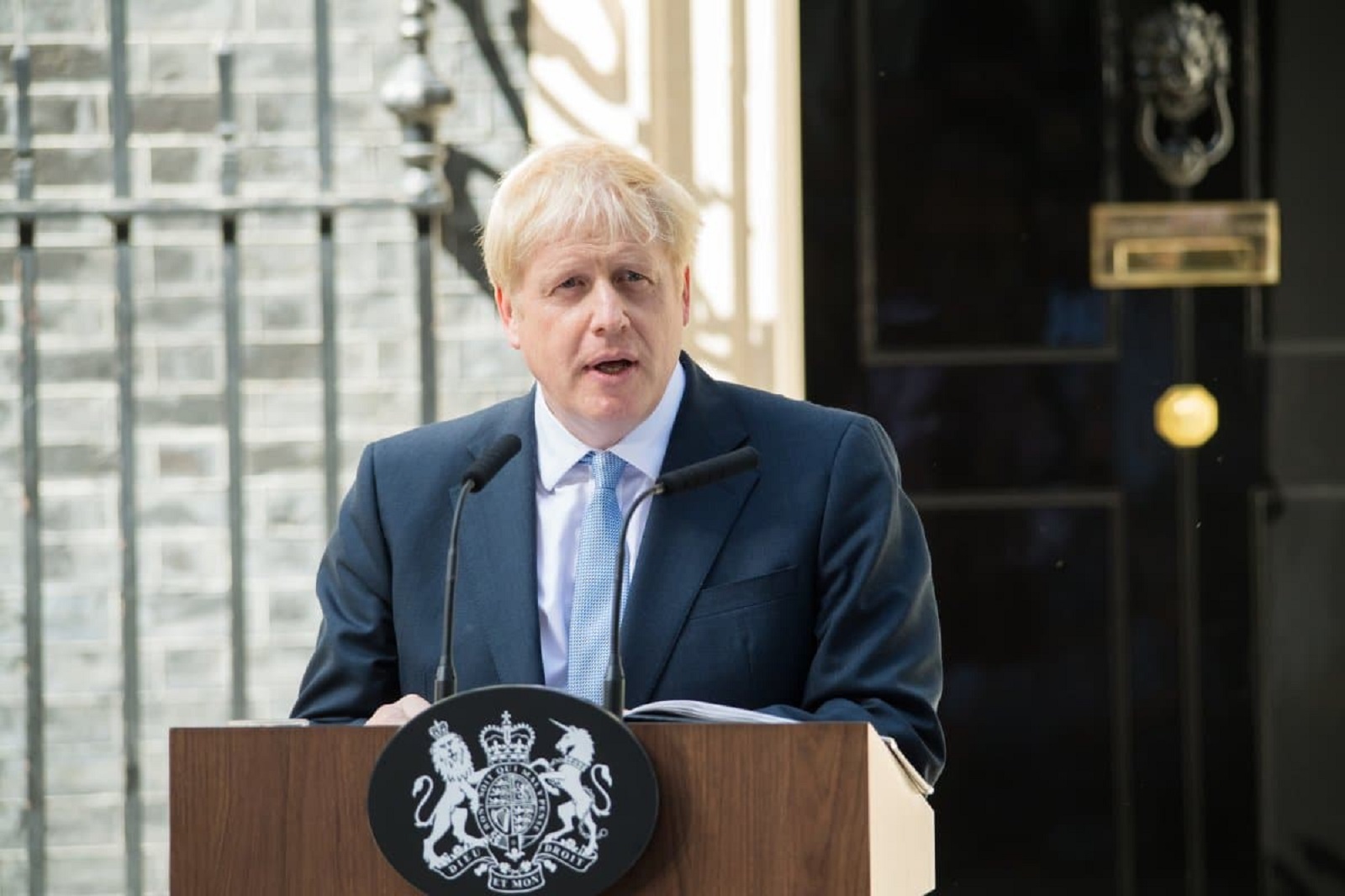
In a newspaper column in 2018, former UK Prime Minister Boris Johnson compared Muslim women wearing burqas to “letterboxes” and “bank robbers.”
The remark drew widespread criticism for its insensitivity and highlighted Johnson’s tendency to make controversial statements.
#2. Nigel Farage’s “Breaking Point” Poster
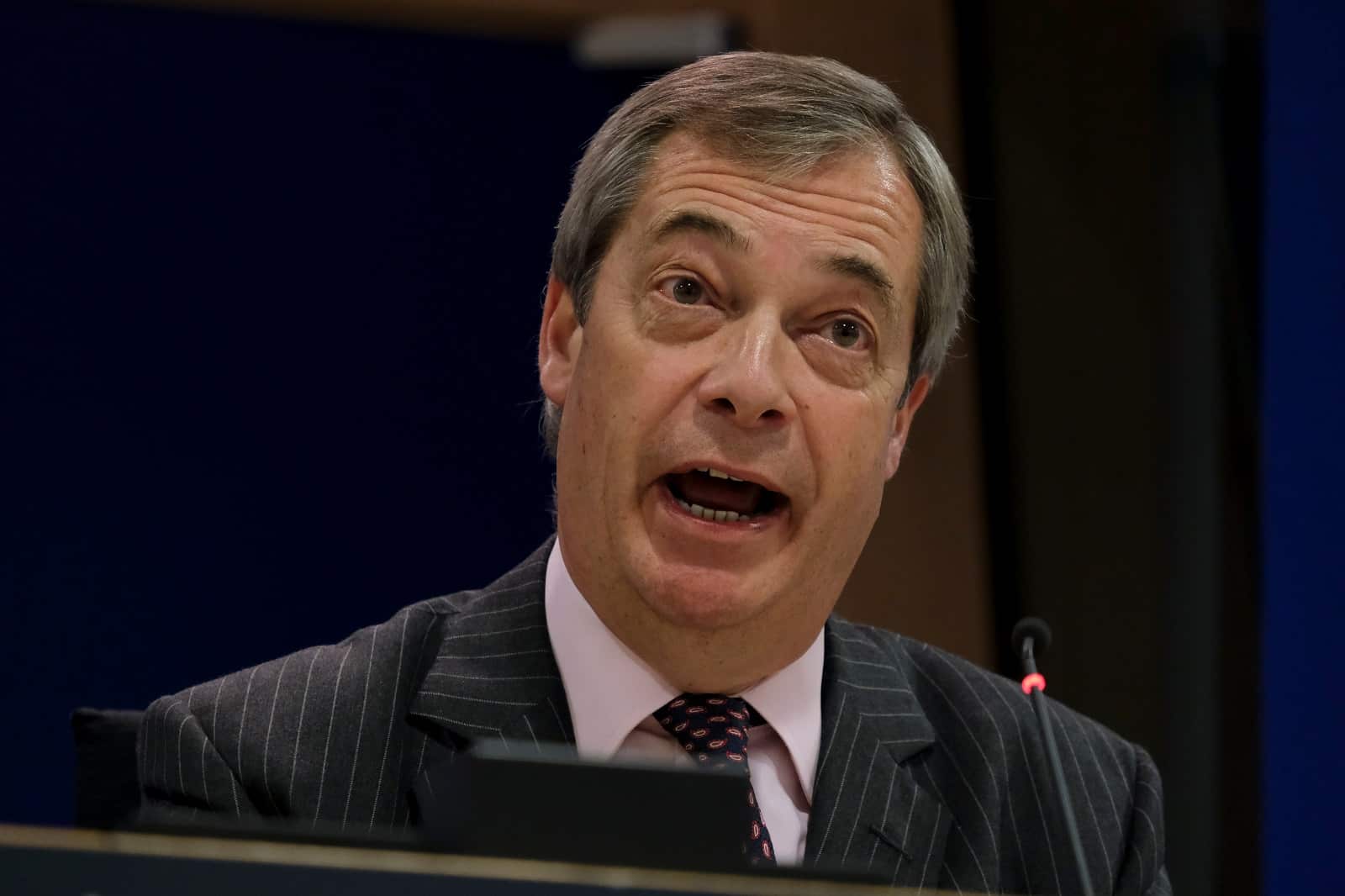
During the Brexit referendum campaign in 2016, Nigel Farage, the former leader of the UK Independence Party (UKIP), unveiled a poster featuring a line of refugees and the caption “Breaking Point.”
The poster was widely condemned for its inflammatory language and xenophobic undertones.
#3. Diane Abbott’s “Brain Fade” Interview
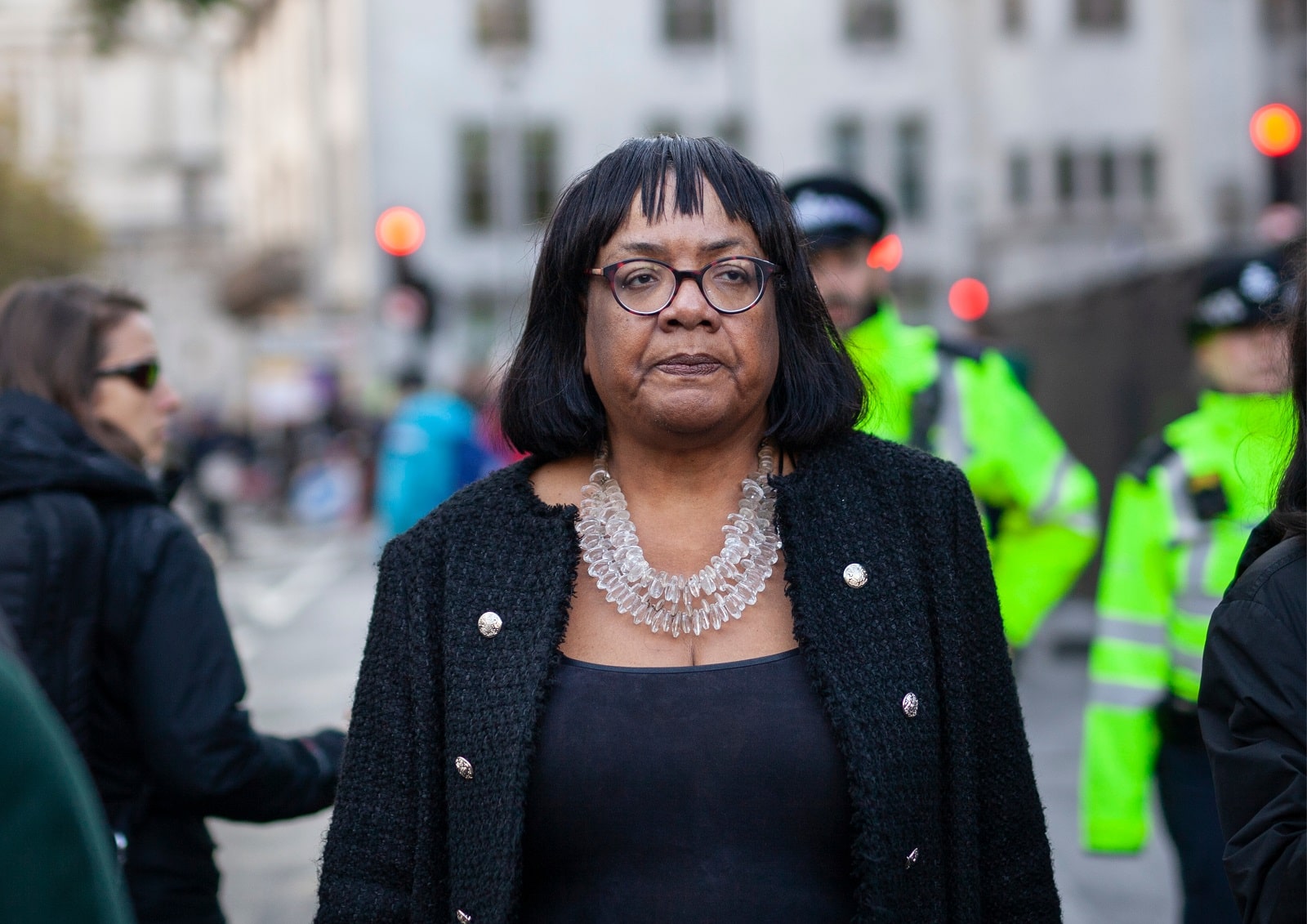
In a 2017 interview about police funding, Labour politician Diane Abbott struggled to provide accurate figures, leading to what she later described as a “brain fade” moment.
The incident highlighted Abbott’s tendency to speak without filters and attracted criticism from political opponents.
#4. Jacob Rees-Mogg’s Grenfell Comment
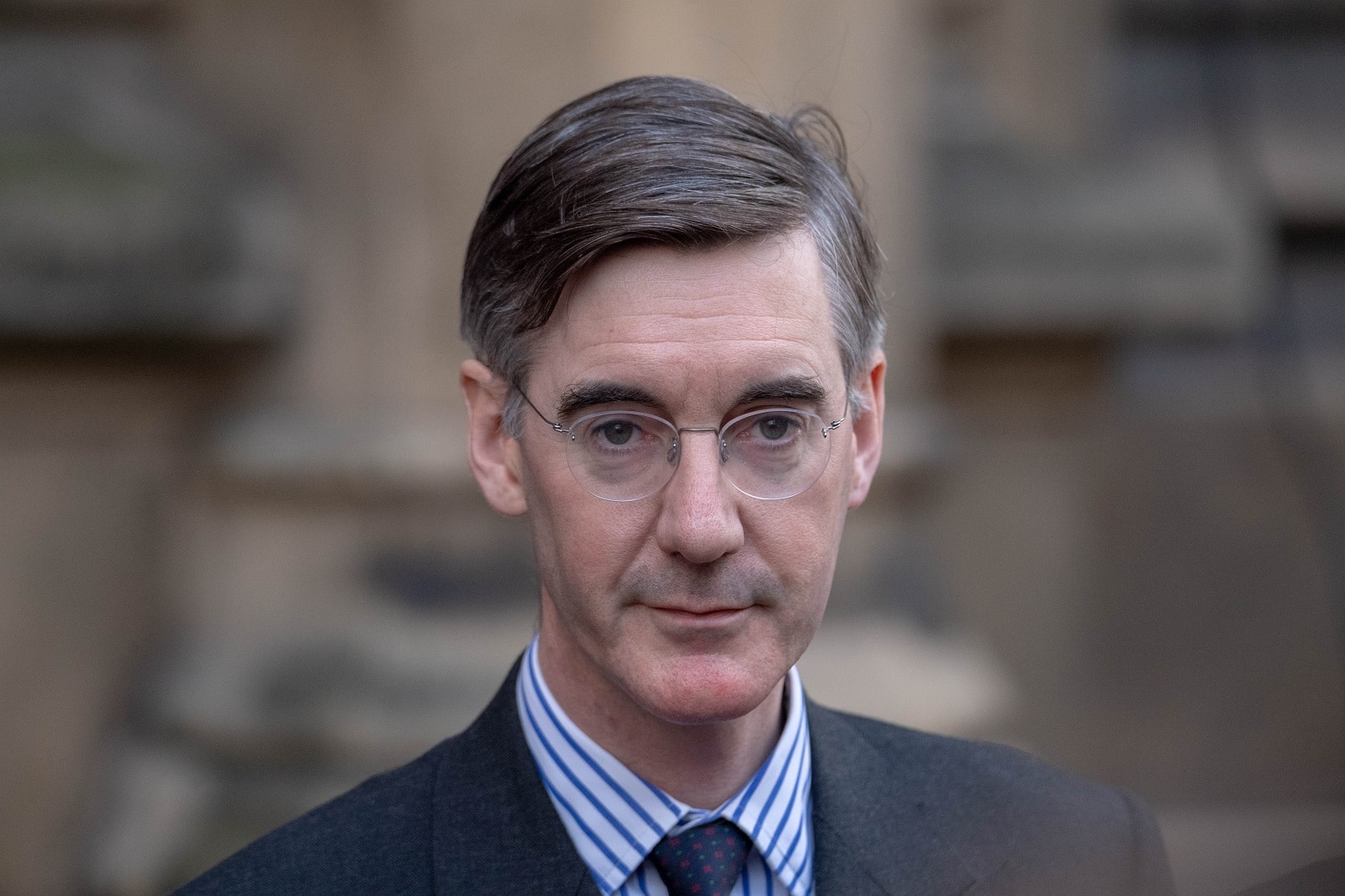
Conservative MP Jacob Rees-Mogg faced backlash in 2019 when he suggested that victims of the Grenfell Tower fire lacked “common sense” for following fire brigade advice to stay put.
His remarks were widely condemned as insensitive and out of touch.
#5. Jeremy Corbyn’s “Zionist” Remark
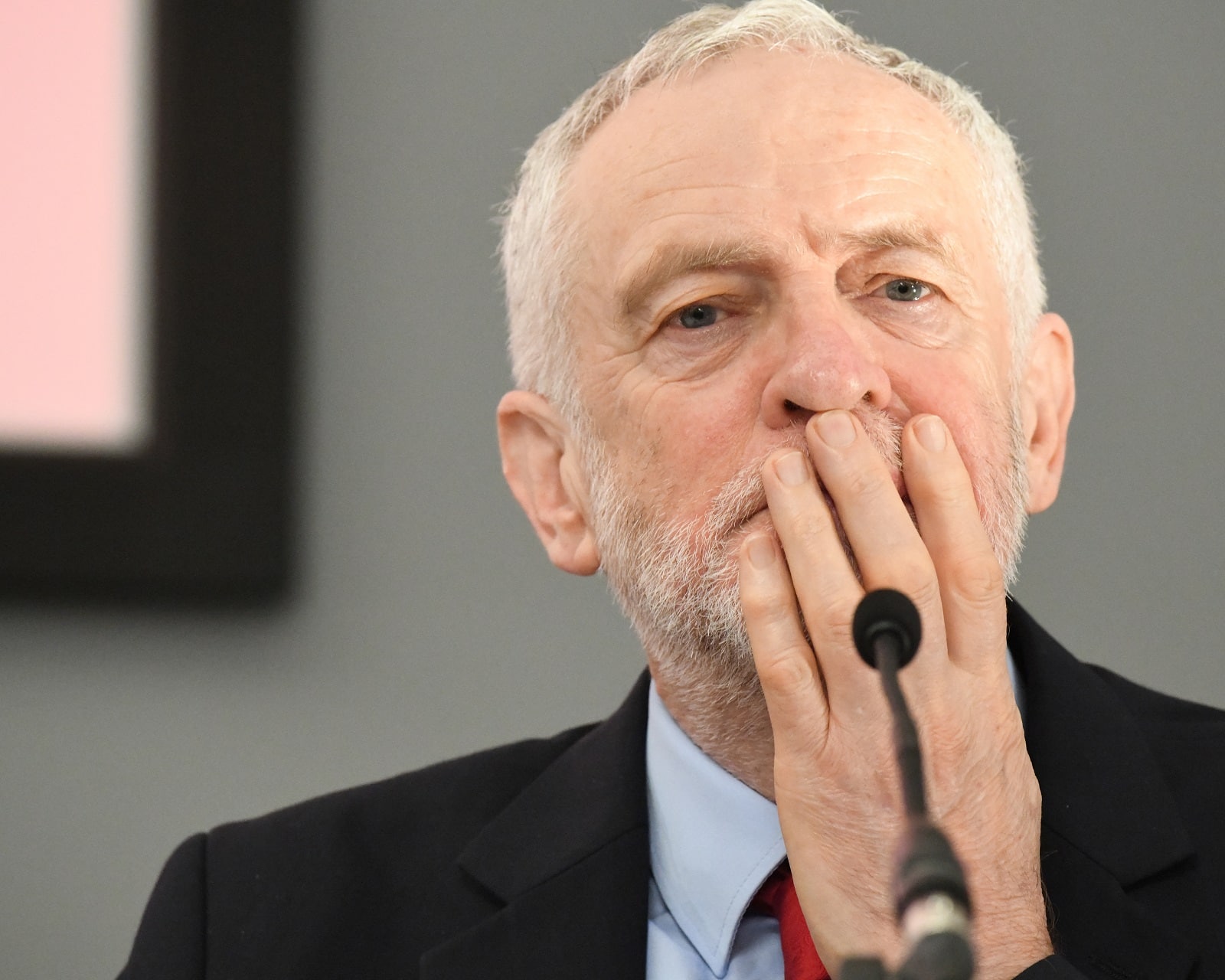
In a 2013 speech, former Labour leader Jeremy Corbyn referred to a group of British Zionists as not understanding “English irony.”
The comment was criticised for its perceived insensitivity towards the Jewish community and raised questions about Corbyn’s attitudes towards anti-Semitism.
#6. Priti Patel’s “Stay at Home” Message
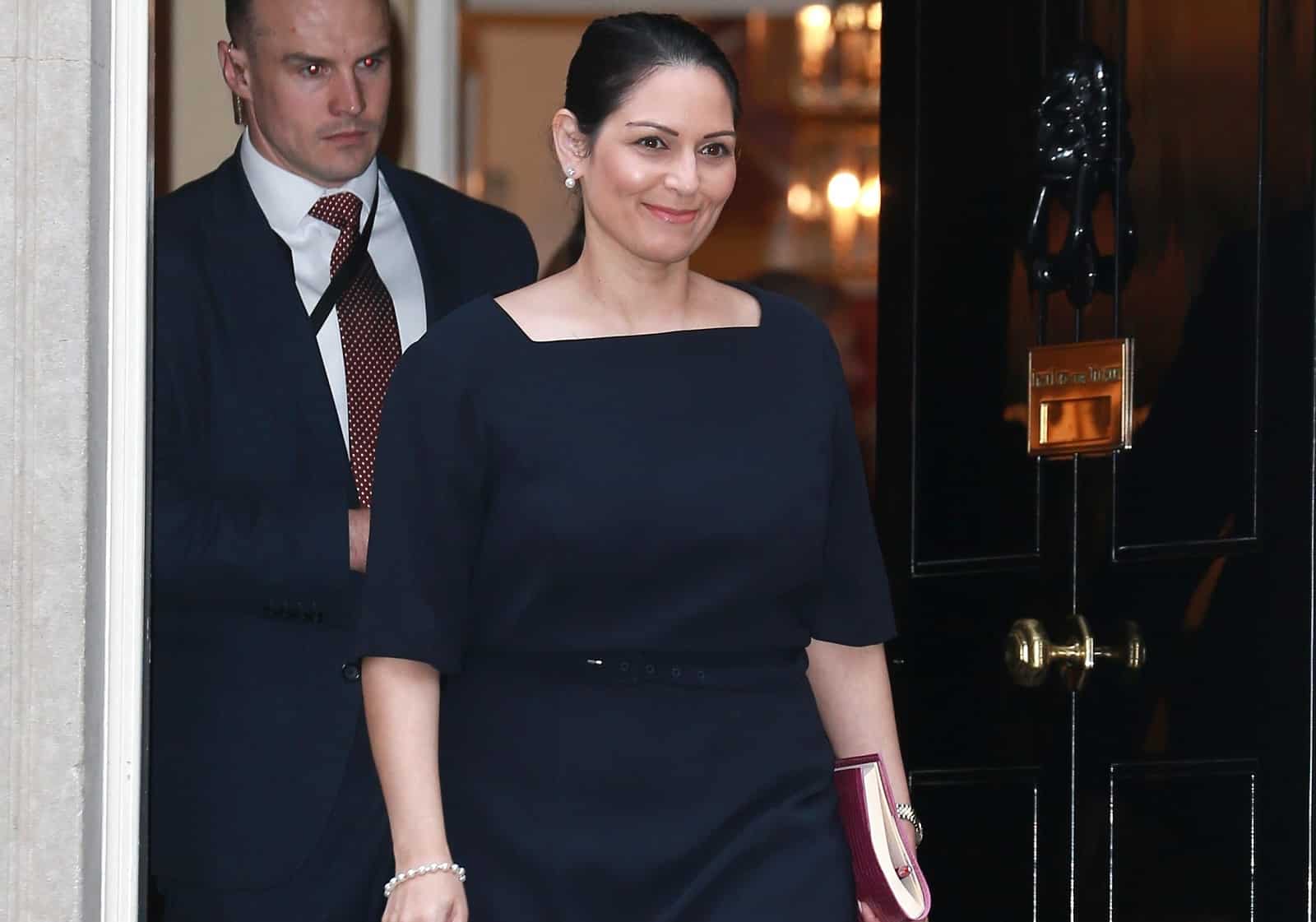
In January 2021, UK Home Secretary Priti Patel faced criticism for urging people to “stay at home” during the COVID-19 lockdown while posting a picture of herself visiting a vaccination centre.
The incident was seen as hypocritical and highlighted Patel’s tendency to speak without considering the optics.
#7. David Cameron’s “Tribal” Comment
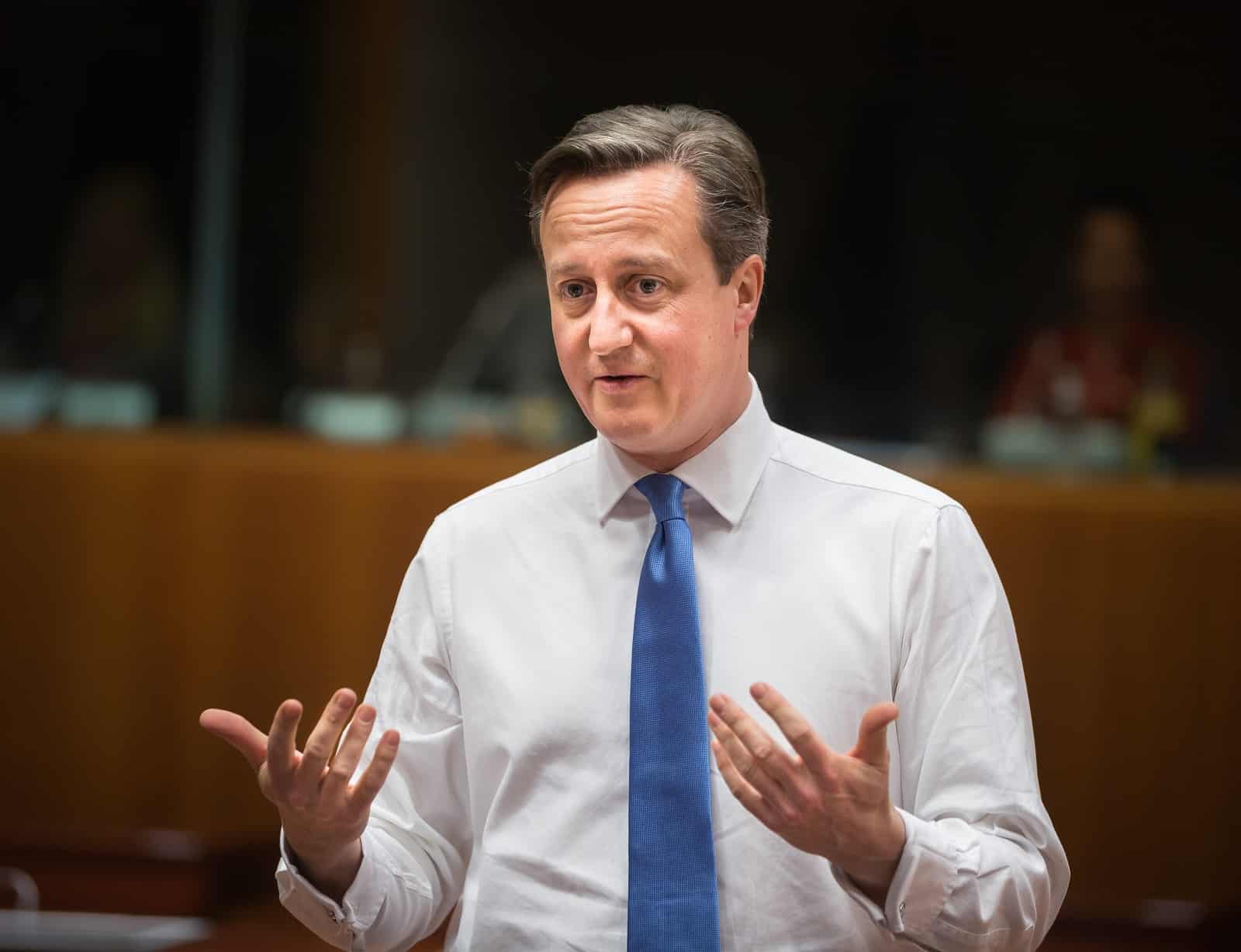
Former Prime Minister David Cameron came under fire in 2015 when he described people from Yorkshire as having a “deep-baked tribal mentality.”
The remark was seen as patronising and demonstrated Cameron’s occasional lack of sensitivity towards regional identities.
#8. Dominic Cummings’ “Barnard Castle” Trip
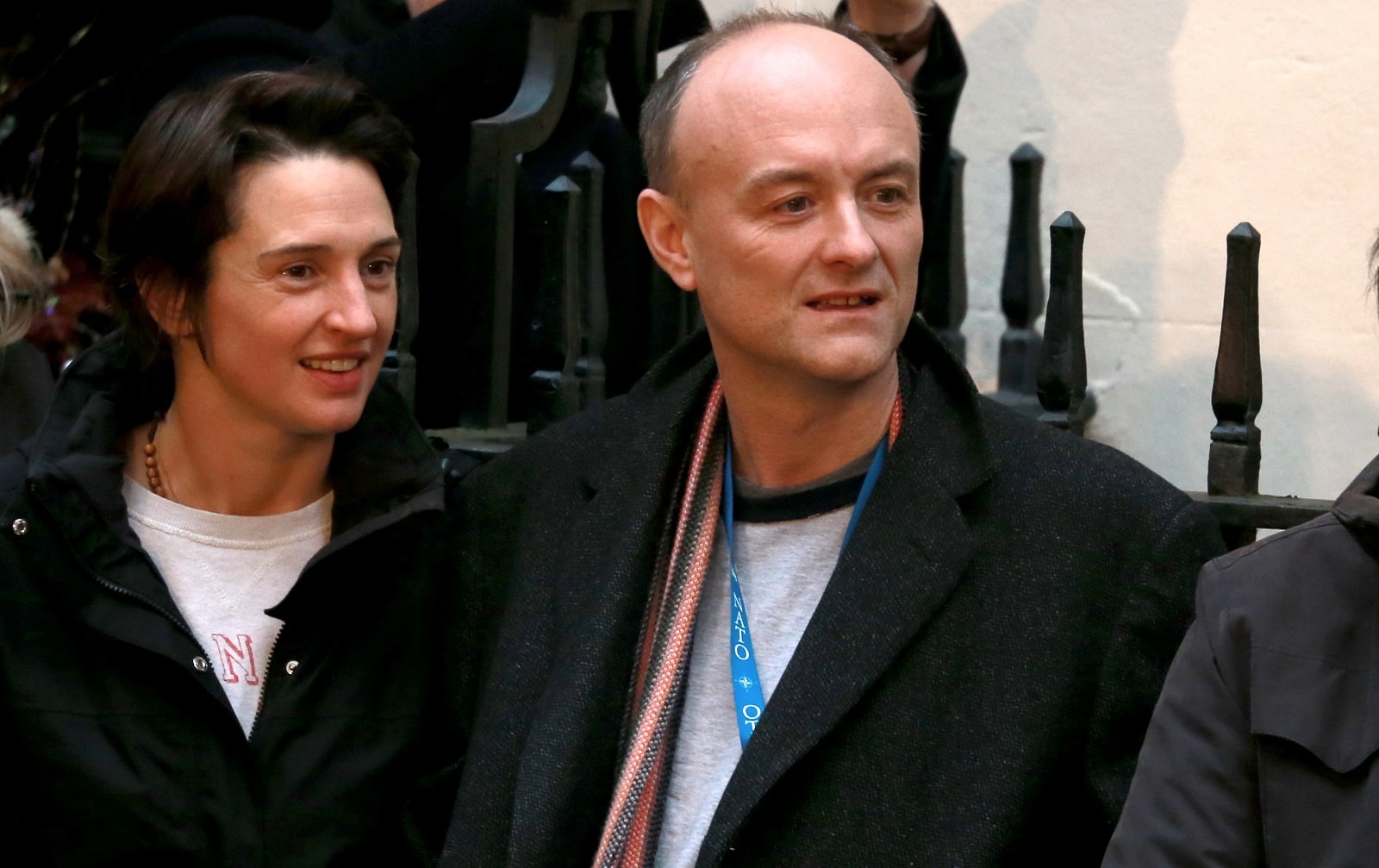
In 2020, Dominic Cummings, a former senior adviser to Prime Minister Boris Johnson, faced public outrage after revealing that he had allegedly travelled to Barnard Castle during the COVID-19 lockdown to test his eyesight.
The incident undermined public trust in the government’s handling of the pandemic and highlighted Cummings’ tendency to act without regard for public perception.
#9. Theresa May’s “Naughtiest Thing” Confession
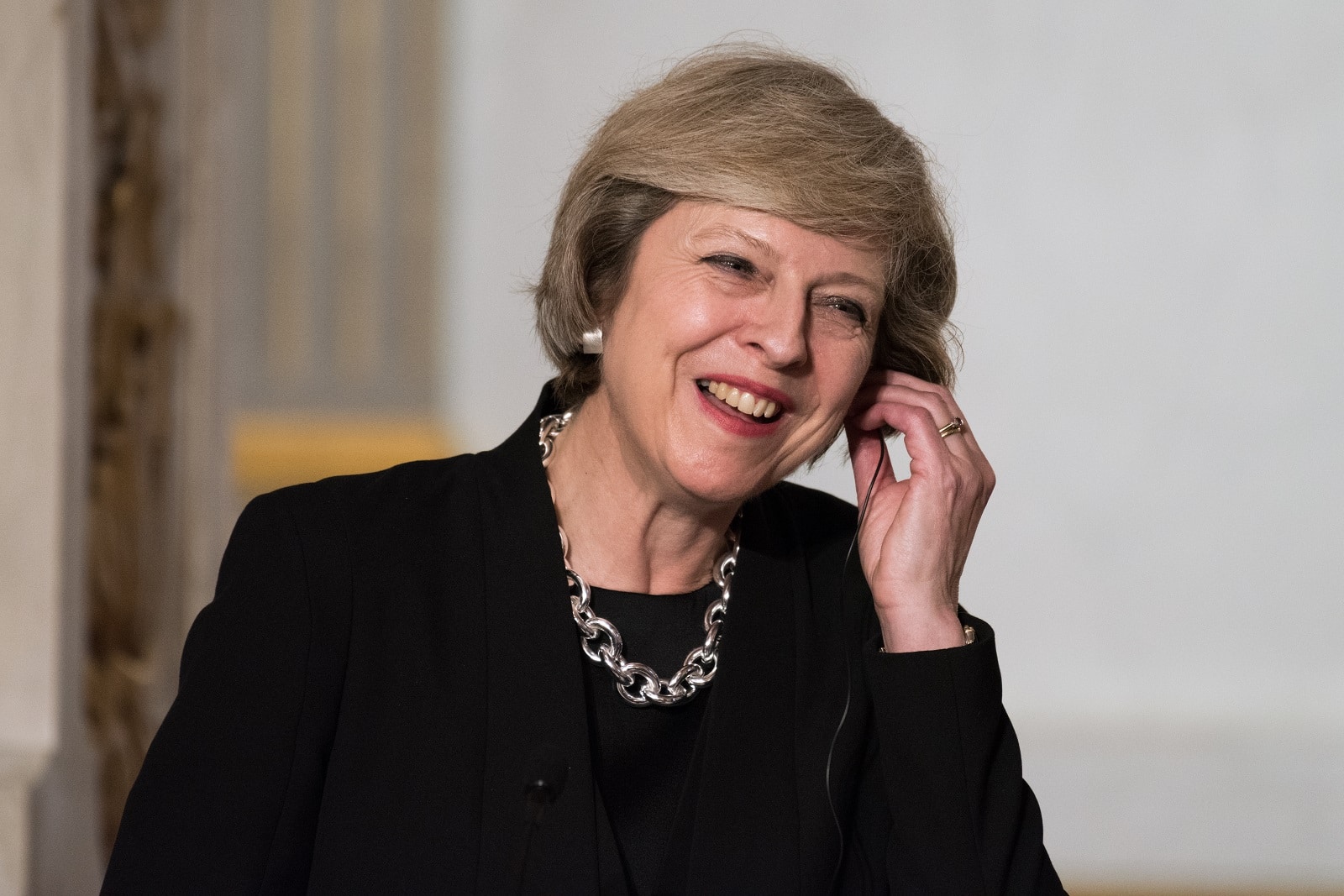
During an interview in 2017, then-Prime Minister Theresa May admitted that the “naughtiest thing” she had ever done was running through fields of wheat as a child.
The comment was widely mocked as trivial and highlighted May’s difficulty in connecting with the public on a personal level.
#10. Keir Starmer’s “Pub Landlord” Gaffe
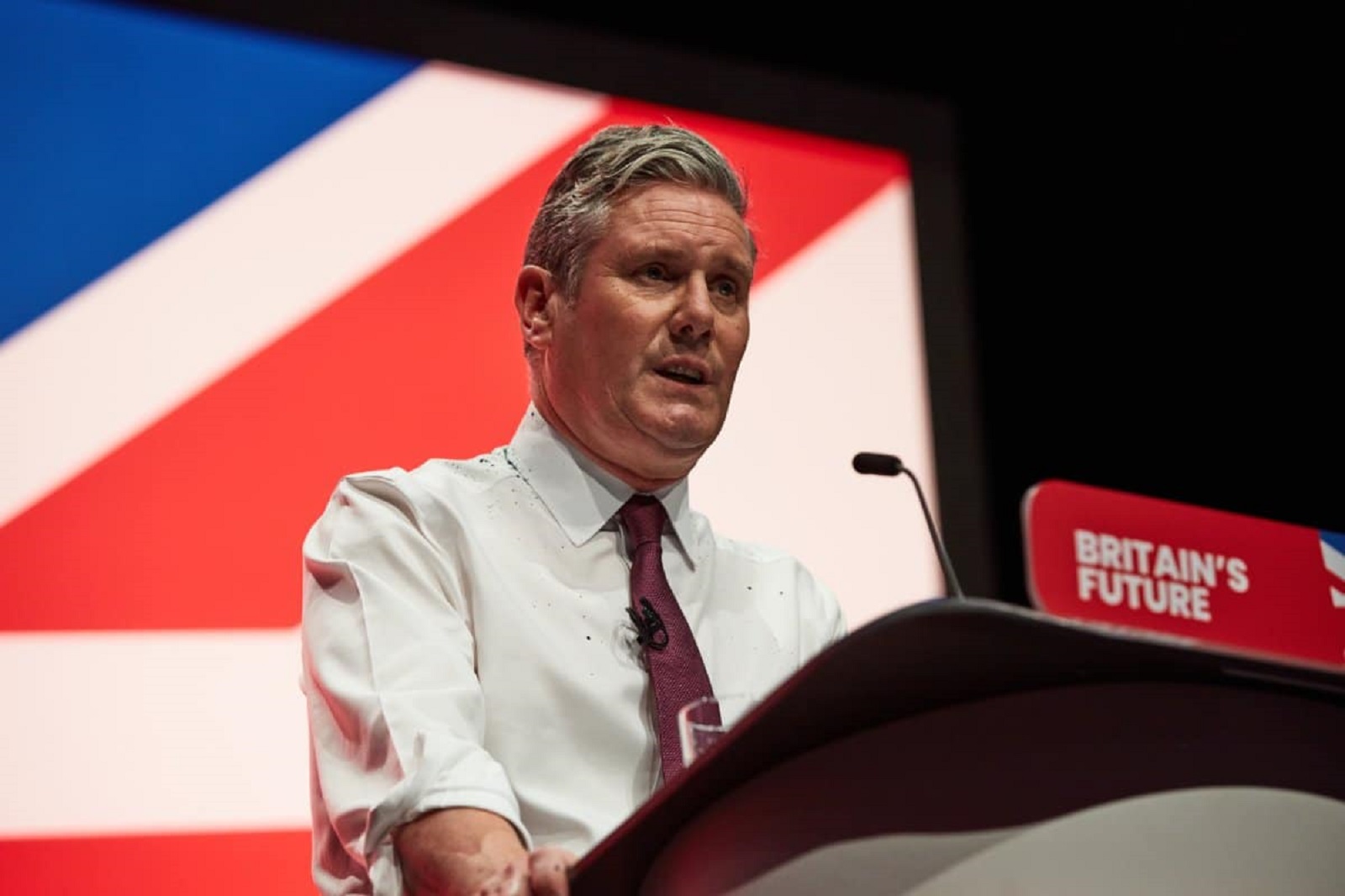
In 2020, Labour leader Keir Starmer faced criticism for referring to a pub landlord as “Tim” during a visit when his name was actually “Rod.”
The incident was seen as a misstep and highlighted Starmer’s occasional struggle with relatability and spontaneity in public interactions.
The Bottom Line
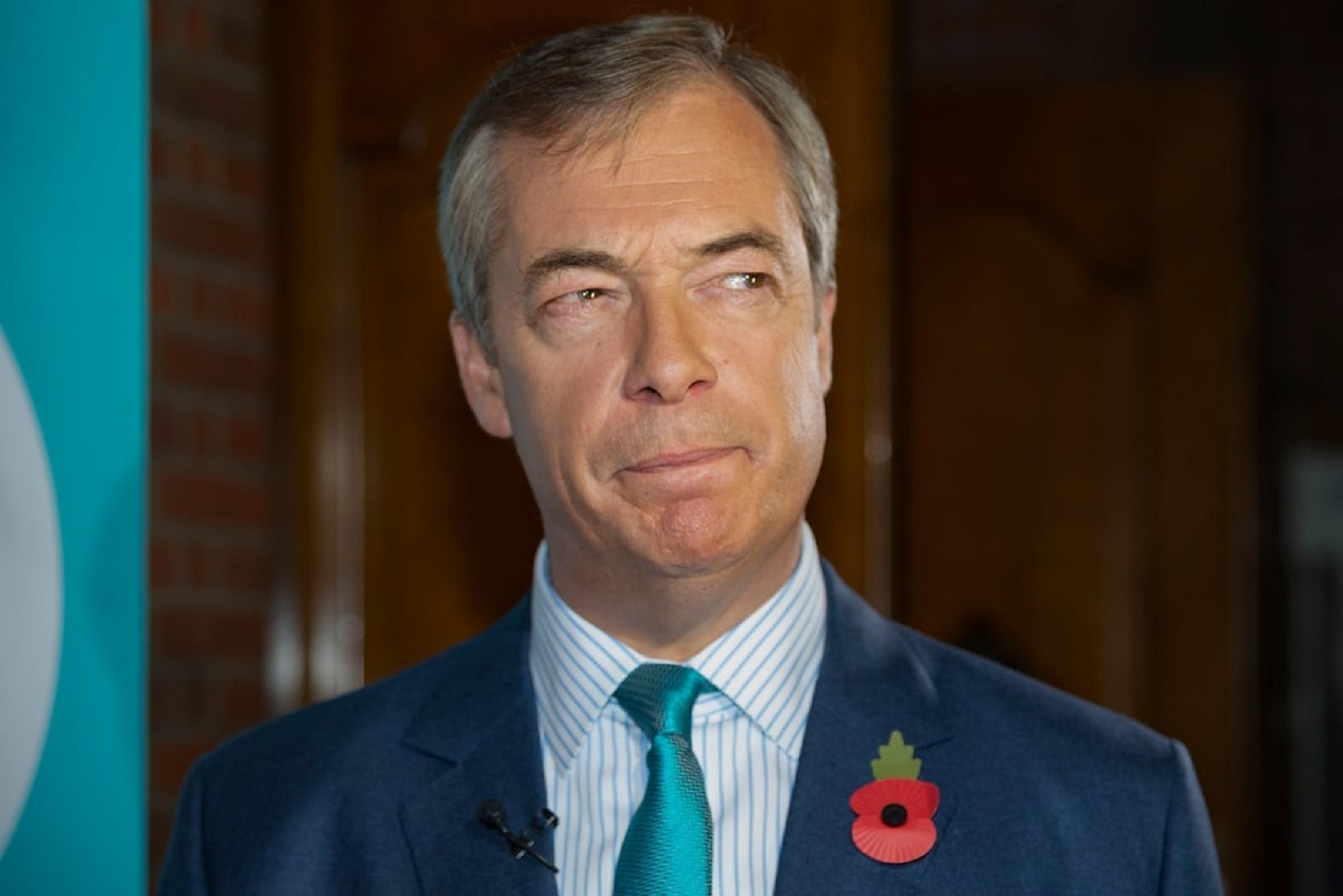
These instances remind us that even politicians, with all their power and prestige, are still prone to the occasional slip-up.
It just goes to show that when it comes to public speaking, even the most polished individuals can trip over their own words – and sometimes, it’s just downright entertaining for the rest of us!
25 Things You CAN’T Talk About Anymore
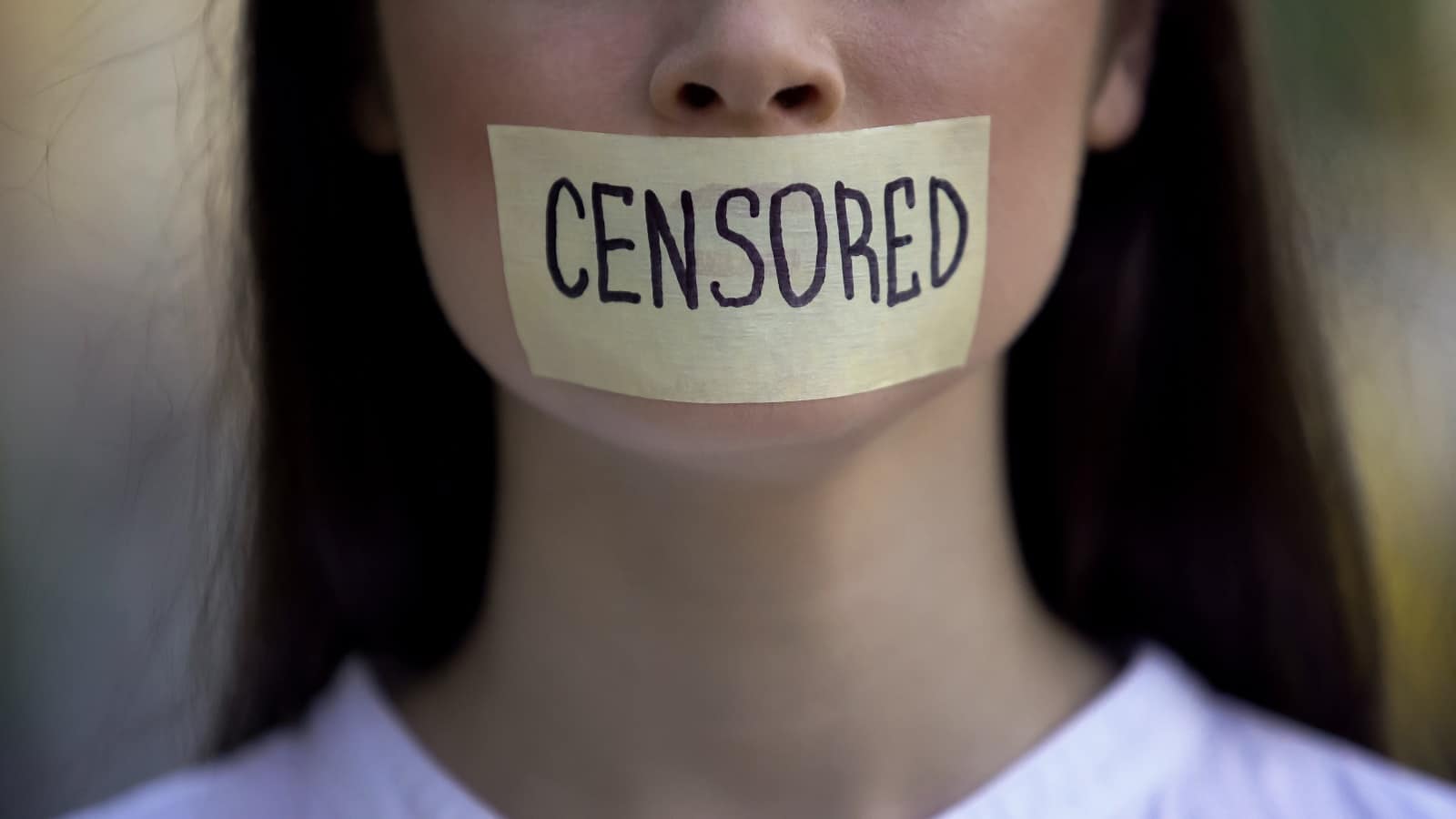
Remember the days when you could freely discuss just about anything without fear of sparking controversy? Well, those days are long gone. In today’s hyper-sensitive world, there are topics so fraught with tension that even mentioning them can lead to heated debates and hurt feelings. 25 Things You CAN’T Talk About Anymore
Stranded: 15 Worst British Cars in History

Ever had a car that spent more time with the mechanic than on the road? A car that turned every journey into a game of “Will we actually get there?” If so, you might just see a familiar face (or should we say, chassis) in our countdown to the most unreliable British car in history. Stranded: 15 Worst British Cars in History
“Britain Will Become Unrecognizable” – Suella Braverman Spells Disaster for UK Amid Steep Rise in Visas Issued

Former Home Secretary Suella Braverman has warned that Britain will become “unrecognizable,” criticizing the amount of work visas the Home Office has approved, despite only being removed from her role in November. “Britain Will Become Unrecognizable” – Suella Braverman Spells Disaster for UK Amid Steep Rise in Visas Issued
20 Things From the ‘70s That Are Not OK Today

Step into the time machine and set the dial to the 1970s, a decade of disco, bell-bottoms, and some rather questionable choices. While the ’70s gave us iconic music and groundbreaking TV, not everything from this groovy era would get a green light today. 20 Things From the ‘70s That Are Not OK Today
20 Best and Worst Universities in the UK
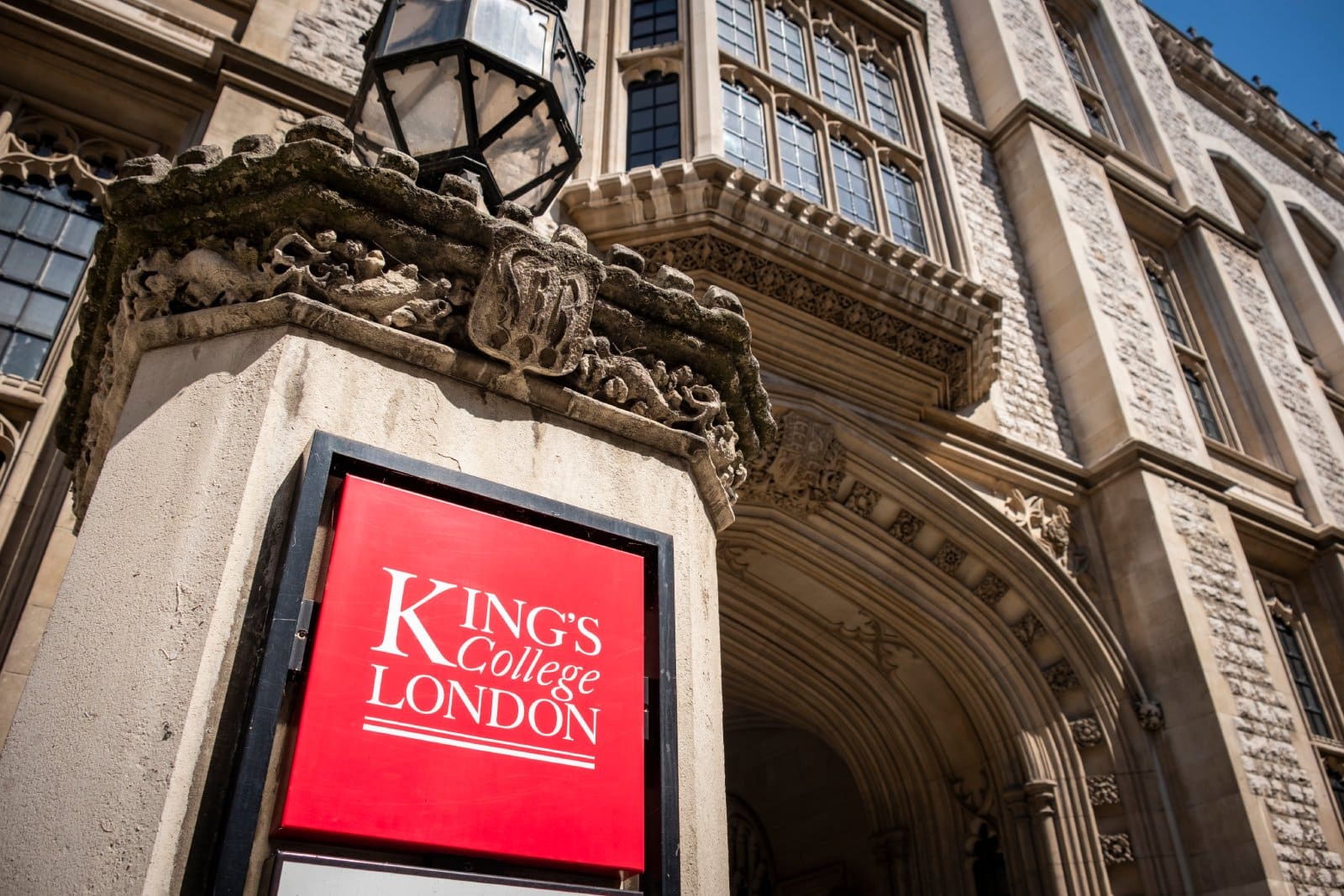
Navigating the UK university landscape is like deciphering a complex code of rankings, reviews, and reputations to uncover where you’ll not just learn, but truly flourish. Whether you’re drawn to the historic halls of Oxford or the creative buzz of Goldsmiths, finding your perfect fit is about aligning your aspirations with the unique offerings of each institution. 20 Best and Worst Universities in the UK
The post Giving It Verbal: 10 Occasions When UK Politicians’ Words Shocked the Nation first appeared on Edge Media.
Featured Image Credit: Shutterstock / ComposedPix.
For transparency, this content was partly developed with AI assistance and carefully curated by an experienced editor to be informative and ensure accuracy.
Sarah Griffin is an experienced writer known for her incisive analysis of UK politics and human rights issues. Her work blends depth and clarity, providing insightful and often satirical commentary on the contemporary political landscape

